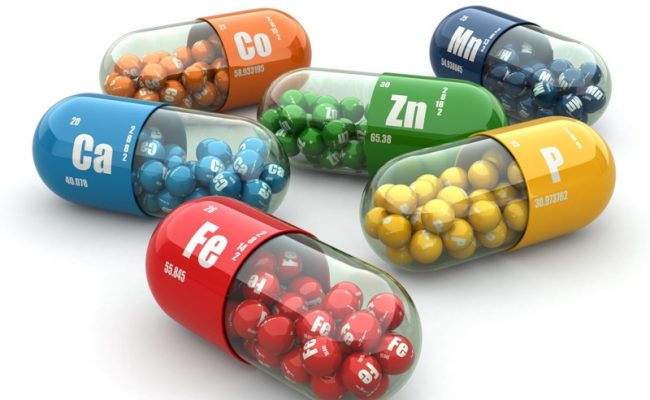
Refueling after exercise is key for rebuilding muscle tissue and glycogen stores. Exercise can break down muscle fibers which hinders building muscle and strength. However, getting adequate nutrition through the day, and after exercise, can offset muscle break down and contribute to muscle growth.
Athletes need about 1.2-1.7 gm/kg of body weight. Most athletes get their recommended amount of protein throughout the day if they eat a balanced diet. You don’t necessarily need to drink o eat a protein supplement after working out.
Supplements can be convenient and portable, but real food can work well for restoring muscles after exercise.
Here are some considerations to keep in mind when planning your post exercise nutrition and protein intake.
When should you be concerned about protein after a workout?
Adults who exercise for 30-60 minutes most days of the week probably don’t need to worry about taking protein right after exercise to restore their muscles.
Eating a balanced diet and eating meals around your workout can provide your body the necessary amount of protein you need to rebuild muscles.
People who exercise with sport specific performance goals, two hours or greater per day, is trying to build muscle mass or has multiple exercise sessions per day will benefit more from making sure they have adequate carbohydrate and protein after exercise. They may need additional supplements and calories besides normal meals to meet their goals.
20-25 gm
Most researchers suggest getting 20-25 grams of protein after exercise to help stimulate muscle growth and to increase greater muscle synthesis after exercise. Researchers from the Gatorade Sports Science Institute (GSSI) suggest the range of 20-25grams of protein after exercise for athletes up to 200 pounds should be adequate for stimulating protein synthesis.
Most protein powders will provide this amount of protein with a single serving, or eating a meal can provide this amount of protein.
Larger athletes
Larger athletes may need a higher amount of protein after exercise to stimulate muscle synthesis. Larger athletes may need closer to 30-40 grams of protein after exercise to rebuild muscle after strenuous exercise.
According to researchers from GSSI, studies suggest that there may be a cap of protein’s benefits at 40 grams per serving. So eating a supplement that contains 50 grams of protein after exercise may not work better than something that provides 20-25 grams of protein.
What kind of protein?
Most research studies with protein and exercise recovery have studied whey protein because it is rich in branched chain amino acids, which are used for muscle growth. Whey protein is considered a complete protein meaning you get all essential amino acids, and it has a high bioavailability.
Use caution with whey protein supplements, as they are considered a supplement. The safety, quality and purity of supplements is not regulated by the FDA. Whey protein may lower blood sugar which can be a concern for diabetics and is not recommended for people with a dairy allergy.
Must read: Are there any side effects of protein powders?
Eating a meal with animal or vegetarian protein food sources can provide 20 grams after exercise, and some supplements use alternative protein sources from dairy. However, they may not be as high in branched chain amino acids compared to whey protein.
Don’t forget carbohydrates
Protein is critical for rebuilding muscles after exercise, but carbohydrates are also an important recovery item, especially for endurance athletes or athletes with multiple training sessions per day.
Consuming adequate carbohydrates after exercise, along with protein, can help rebuild glycogen stores in muscles and save muscles from further breakdown in back to back workouts.
Timing
Getting protein after exercise, ideally within 60 minutes, is important for rebuilding muscles after exercise. However, consuming adequate protein even 24 hours post exercise can further stimulate muscle synthesis.
Eating 20 grams of protein every 3 hours may give an additional advantage to building muscle post exercise, according to some research studies. Again, this can be done with food alone or may be from a supplement.
Muscle synthesis after exercise can be up regulated 24-48 hours after intense exercise with proper nutrition.
Conclusion
Exercise, in the long run, can increase muscle strength. However, just after an exercise session, muscle fibers are broken down and need to be built back up. Most adults can meet protein and nutrition needs from eating balanced meals around exercise.
Intense exercise, long duration exercise and specifically trying to gain more muscle mass may warrant additional protein intake on top of regular meals and snacks.
Most research suggests getting 20-25 grams after exercise can help keep muscle synthesis greater than muscle break down. Getting adequate protein intake throughout the day can further benefit muscle growth.
Whey protein provides a high concentration of branched chain amino acids, which are used primarily for building muscle tissue. Other types of animal or vegetarian protein can be used after exercise as well, but may not be as beneficial as whey protein.
References used in this article










